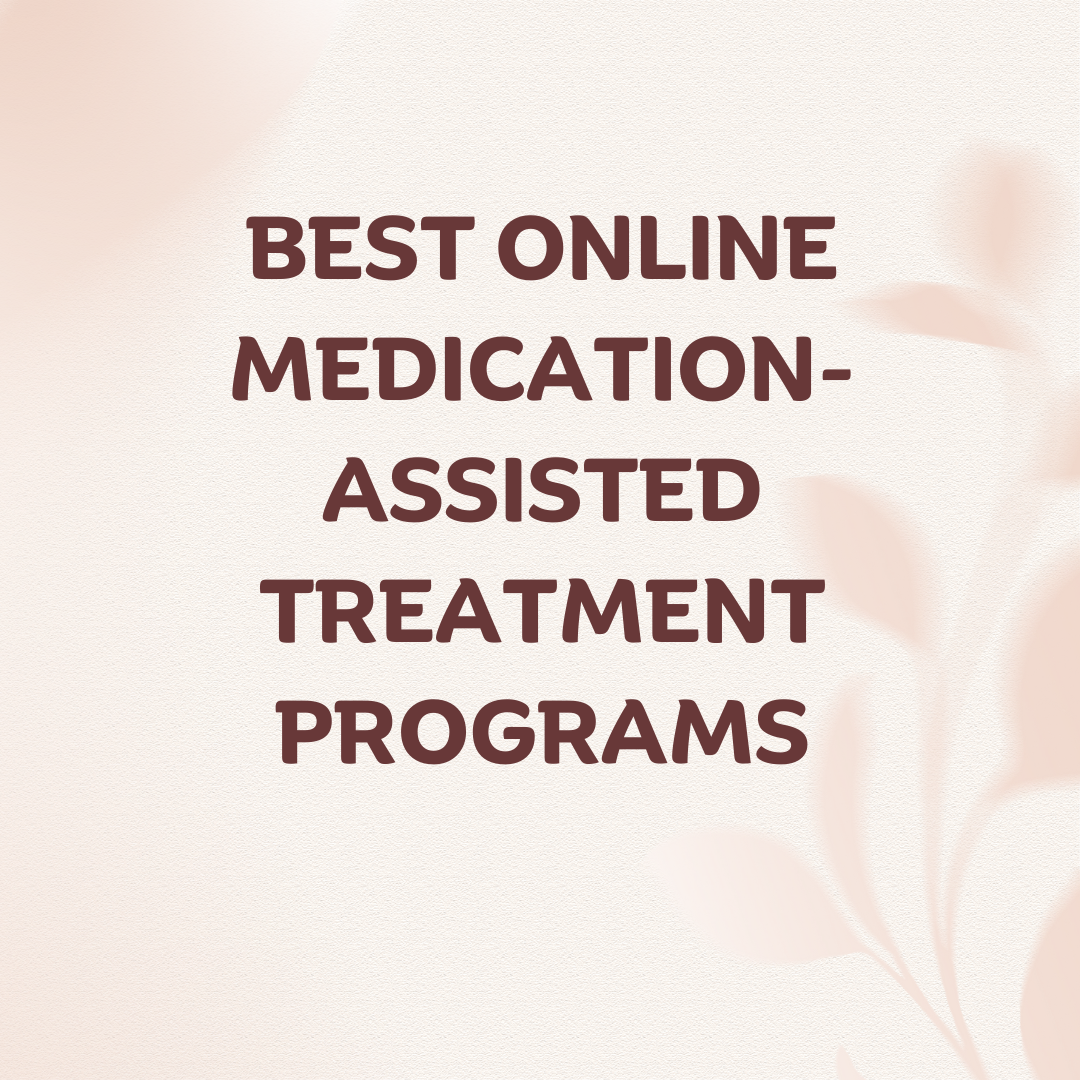Fetal alcohol syndrome (FAS) often results in cognitive, social, physical, and developmental impairments due to fetal exposure to alcohol during pregnancy. Children with FAS can struggle with learning disabilities, social skills, and concentration into adulthood. FAS is the most severe fetal alcohol spectrum disorder (FASD), and is incurable.
Want to drink less? – Sunnyside helps you ease into mindful drinking at your own pace. Think lifestyle change, not a fad diet. Develop new daily routines, so you maintain your new habits for life. Take a 3 Minute Quiz.
What Is Fetal Alcohol Syndrome?
Fetal alcohol syndrome (FAS) develops in babies after exposure to alcohol in the womb. Children with FAS may exhibit cognitive, social, developmental, and sometimes physical disabilities. While exposure to any substances during pregnancy may result in complications, research shows that alcohol causes the most neurological impairments.1
Alcohol consumption throughout pregnancy is dangerous. Unfortunately, many individuals are unaware of possible pregnancies until 4-6 weeks into fetal development, and some mothers do not stop drinking when pregnant.2 Because of these factors, an estimated 5% of children may experience FAS or another condition under the FASD umbrella.3
Types of Fetal Alcohol Spectrum Disorders
The types of fetal alcohol spectrum disorders are:
- Fetal alcohol syndrome (FAS): FAS causes central nervous system issues, diagnostic facial features, and growth delays, possibly combined with social and behavioral problems.
- Alcohol-related neurodevelopmental disorder (ARND): ARND results in intellectual disabilities, academic struggles, and behavioral issues.
- Alcohol-related birth defects (ARBD): Birth defects from alcohol impacts the heart, kidneys, bones, or hearing.
- Neurobehavioral disorder associated with prenatal alcohol exposure (ND-PAE): ND-PAE includes social, cognitive, developmental, and behavioral symptoms for a diagnosis. Mothers must have consumed at least 13 drinks per month or two drinks in one sitting throughout pregnancy.
What Causes Fetal Alcohol Syndrome?
Fetal alcohol syndrome results solely from alcohol consumption while pregnant. Babies cannot metabolize alcohol as quickly as adults, resulting in higher blood alcohol content levels as alcohol travels through the placenta. Blood alcohol content levels interfere with proper oxygen and nutrition absorption, possibly resulting in damaged tissue or organs and permanent brain damage. Children will have to focus on coping with these issues for the entirety of their life.4
Symptoms of Fetal Alcohol Syndrome
Symptoms of fetal alcohol syndrome can vary but typically include a combination of physical, cognitive, and behavioral manifestations. Common signs of fetal alcohol syndrome include unique facial features, including a smooth philtrum (the ridge between the nose and upper lip), an abnormally thin upper lip, a flat nasal bridge, and small/narrow eyes.5 Some individuals do not exhibit these diagnostic facial features but have other physical and neurocognitive symptoms.
Physical symptoms of fetal alcohol syndrome include:
- Low body weight
- Poor coordination
- Vision or hearing problems
- Problems with the heart, kidneys, or bones
- Shorter-than-average height
- Small head size
Developmental, social, and behavioral symptoms of fetal alcohol syndrome include:
- Hyperactive behavior
- Difficulty with attention
- Trouble with emotional regulation (aggression, emotional volatility)
- Poor memory
- Difficulty in school
- Poor social skills
- Trouble adapting to change/switching tasks
- Vivid fantasies and perseveration
- Speech and language delays
- Intellectual disability or low IQ
- Poor reasoning and judgment skills
- Sleep issues
- Eating issues
- Learning disabilities
How Is Fetal Alcohol Syndrome Diagnosed?
Diagnosing fetal alcohol syndrome entails medical examinations, psychosocial history reviews, and parental interviews. A medical doctor and specialized mental health professional may be required for a diagnosis if developmental, social, or behavioral symptoms of FAS are not present.
Although the effects of fetal alcohol syndrome are irreversible, early diagnosis and intervention can be crucial. The earlier a child with FAS receives appropriate resources, the more likely they are to function successfully.
Help for Alcohol Use Ria Health: Effective, Evidence-Based Alcohol Treatment 100% Online Quickly change your relationship to alcohol with our at-home program. On average, Ria Health members reduce their BAC levels by 50% in 3 months in the program. Services are covered by many major health plans. Visit Ria Health Recovery.com – Find the best local detox or rehab center covered by your insurance. Search our unbiased and thorough list of the best mental health and addiction treatment centers. Read reviews. Start Your Search Want to drink less? Sunnyside helps you ease into mindful drinking at your own pace. Think lifestyle change, not a fad diet. Develop new daily routines, so you maintain your new habits for life. Take a 3 Minute Quiz
Effects of Fetal Alcohol Spectrum Disorder
Fetal alcohol syndrome is a lifelong, permanent condition resulting in various struggles throughout childhood and adulthood. Infants with fetal alcohol syndrome primarily suffer from physical health implications, but children and teens often struggle with social and school impairments. Adults with FAS prominently exhibit issues with social relationships, independent living, and impulsive behaviors.
Perinatal Effects
“Perinatal” refers to the period when someone is pregnant and immediately following birth. The effects of fetal alcohol syndrome on infants include physical deformities and increased health risks.
Perinatal effects of fetal alcohol syndrome may include:
- Miscarriage
- Stillbirth
- Premature birth
- Sudden infant death syndrome (SIDS)
- Nursing issues
- Infant irritability
- Sleep-wake cycle issues
Effects on Childhood & Adolescence
Early diagnosis and interventions can make a massive difference in managing FAS. However, many children meet developmental milestones without raising red flags during pediatric check-ups and early childhood screenings. Children with fetal alcohol syndrome often begin exhibiting social and academic difficulties in middle school.
Effects of fetal alcohol syndrome in childhood and adolescence may include:
- Attention deficit/hyperactivity disorder
- Bipolar disorder
- Autism
- Reactive attachment disorder
- Conduct disorder
- Emotional regulation issues
- Increased difficulty in social interactions
- Academic struggles
- Trouble switching tasks
- Difficulties connecting rules with consequences
- Speech and language delays
- Learning disabilities
Effects in Adulthood
Specific fetal alcohol syndrome characteristics can make managing this disability difficult, and many individuals do not have access to necessary support services until later childhood or adolescence. While fetal alcohol syndrome symptoms persist in adulthood, the results and consequences differ from childhood.
Effects of fetal alcohol syndrome in adulthood may include:
- Struggling with concentration and completing tasks
- Aggression/inappropriate social conduct
- Involvement in the legal system
- Alcohol or drug misuse
- Problems staying in or completing school
- Problems with independent living/employment
- Inappropriate sexual behaviors
- Early death by accident, homicide, or suicide
Fetal Alcohol Syndrome Treatments
Fetal alcohol syndrome is incurable, but many interventions and treatments can help individuals reach developmental milestones and improve functioning. Children who receive early diagnoses and support services are more likely to avoid secondary issues, such as poor self-esteem, anxiety, and depression. Supportive services could include special education, medical support, psychiatric treatment, and mental health intervention.
Therapy can help those with FAS manage emotional and social struggles. A therapist can help your child or teen develop strategies for hyperactivity, navigating social situations, improving impulse control, and understanding responsibilities. For adults with FAS symptoms, therapy can help them have more fulfilling relationships, practice healthy coping patterns, and work toward independent living.
Parent coaching can help caregivers provide a nurturing home environment for children with fetal alcohol syndrome. Coaches aid in improving communication, routines, positive reinforcement, and skills to support children as they grow. Finding a therapist may be the next step if you or a loved one are struggling with the effects of fetal alcohol syndrome. An online therapist directory is a good place to start looking.
Prevention of Fetal Alcohol Syndrome
Fetal alcohol syndrome is preventable, and it is never too late in a pregnancy to stop drinking to reduce potential damage. If you think you are pregnant, are trying to become pregnant, or could become pregnant, it is safest for you and your future child to stop drinking alcohol immediately.
Final Thoughts on Fetal Alcohol Syndrome
Help and support is available for those with fetal alcohol syndrome. Many individuals with FAS have gone on to live full, productive, and successful lives. Knowing the signs and symptoms of FAS can help you or a loved one receive a proper diagnosis and the support necessary to live your best and fullest life.
To help our readers take the next step in their mental health journey, Choosing Therapy has partnered with leaders in mental health and wellness. Choosing Therapy is compensated for marketing by the companies included below. Alcohol Treatment – Cut Back or Quit Entirely Ria Health – Quickly change your relationship to alcohol with our at-home program. On average, members reduce their BAC levels by 50% in 3 months in the program. Services are covered by many major health plans. Visit Ria Health Drinking Moderation Sunnyside – Want to drink less? Sunnyside helps you ease into mindful drinking at your own pace. Think lifestyle change, not a fad diet. Develop new daily routines, so you maintain your new habits for life. Take a 3 Minute Quiz Detox or Rehab Center Covered by Insurance Recovery.com – Find the best local detox or rehab center covered by your insurance. Search our unbiased and thorough list of the best mental health and addiction treatment centers. Read reviews. Start Your Search Treatment for Mental Health Conditions That Coexist With SUD Talkiatry – Get help from a doctor who can treat the mental health conditions that commonly lead to or coexist with substance use disorders. Take our online assessment and have your first appointment in days. Take Assessment Addiction Newsletter A free newsletter for those impacted by addiction. Get helpful tips and the latest information. Sign UpAdditional Resources
Best Online Medication-Assisted Treatment Programs Online medication-assisted treatment programs are fairly new to the telehealth industry, but existing companies are expanding quickly with new programs emerging every day. It’s important to explore your options and understand the level of virtual care available so you can choose the best addiction treatment program for you.
Best Mindful Drinking Apps If you’re thinking about joining the sober curious movement and you’d like to cut back on drinking, mindful drinking apps are a great place to start. Practicing mindful drinking can take some time, attention, and patience, but with the help of the right app, you can completely transform your relationship with alcohol.








